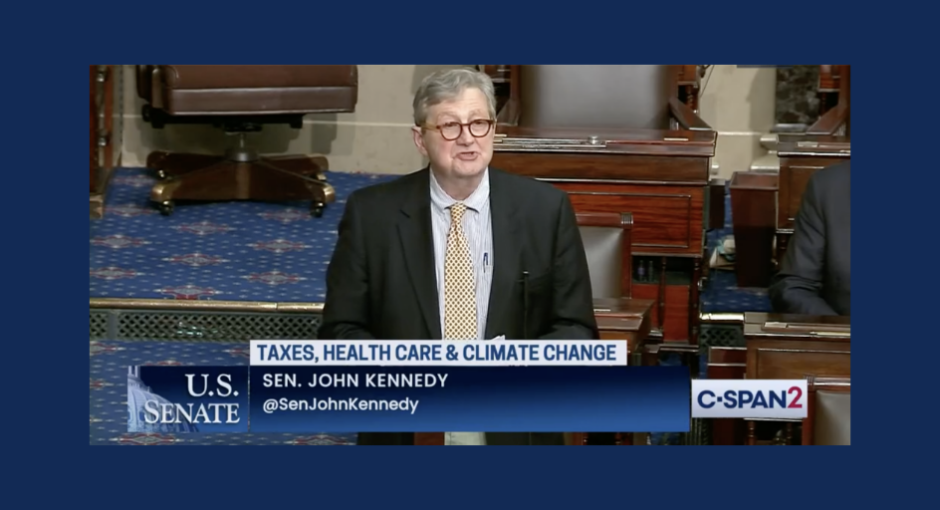The U.S. Senate on Sunday rejected a Republican amendment to Democratic drug pricing and climate change legislation that would have required federally qualified health centers to make insulin and injectable epinephrine available to patients at or below 340B price.
But in a break with a defunct Trump administration regulation that would have done the same, the amendment also would have authorized paying health centers up to $3.1 billion over three years to help cover the direct cost of passing their 340B savings on the medicines to patients.
The money to pay the centers would have been taken out of the U.S. Centers for Disease Control and Prevention’s (CDC) Prevention and Public Health Fund. According to the Biden administration’s proposed fiscal year 2023 budget, there will be $943 million available in the fund in the coming fiscal year for public health efforts “intended to prevent disease and reduce health care costs.” The U.S. Health and Human Services secretary can transfer money in the fund to other HHS accounts.
Sen. John Kennedy (R-La.) offered the failed 340B amendment to the Inflation Reduction Act. The vote was 50-50, with all Republicans voting yea and all Democrats and independents voting nay. Kennedy’s office did not respond to a request for comment, including whether he will introduce the amendment as a stand-alone bill.
In brief remarks on the Senate floor, Kennedy said his amendment “would reimplement a rule that President Biden repealed.”
“My amendment would make insulin available at federally qualified health centers for pennies on the dollar, and it would pay for itself by redirecting existing money from the Obamacare Public Health and Prevention Fund,” he said.
In late July 2020, ex-President Trump signed an executive order to force health centers to pass along what he called their “giant discounts” on insulin and EpiPen-style devices directly to low-income patients.
“These providers should not be receiving discounts for themselves while charging their poorest patients massive full prices,” Trump said during a White House signing ceremony on a stage decorated to look like a pharmacy. Trump’s health secretary, Alex Azar, applauded him for “taking on the issue that they are getting radical discounts on insulin and EpiPens so that low-income Americans get the benefits of those discounts.”
Health centers advocates were stunned by Trump and Azar’s remarks. Until then, GOP backers of major 340B reform had touted centers as “good actors.” Health center representatives said Trump’s order fundamentally misunderstand how health centers and the 340B program work and would have done more harm than good if implemented.
In late December 2020, the U.S. Health Resources and Services Administration, still under control of the Trump administration, published a final rule to implement the order. The Biden administration froze the rule the day after the inauguration and withdrew it in September 2021.
About a week before it was shelved, Kennedy introduced a bill to write the 340B price pass-along requirement into federal law. The big difference between that bill and the Kennedy amendment that the Senate rejected on Sunday is there is nothing in the former about compensating health centers for direct costs incurred in passing along 340B savings to patients.
The National Association of Community Health Centers (NACHC) did not immediately respond to a request for comment about Kennedy’s amendment.
Colleen Meiman, a policy adviser to state and regional primary care associations, said the senator’s proposal “makes for a good soundbite, but in the real world it would reduce access to affordable health care for vulnerable patients. “
“The policy would be extremely burdensome for FQHCs to implement, forcing them to establish and operate new eligibility and pricing systems,” Meiman said. To cover indirect costs that the amendment would not reimburse, “FQHCs would be forced to divert significant resources from other services which benefit their underserved patients.”


